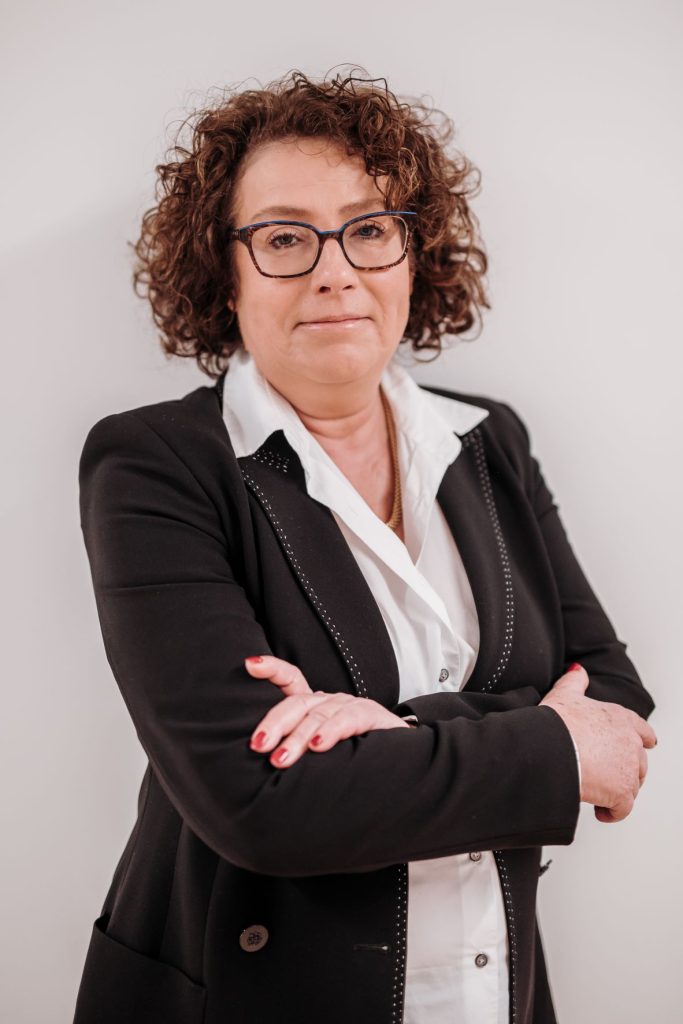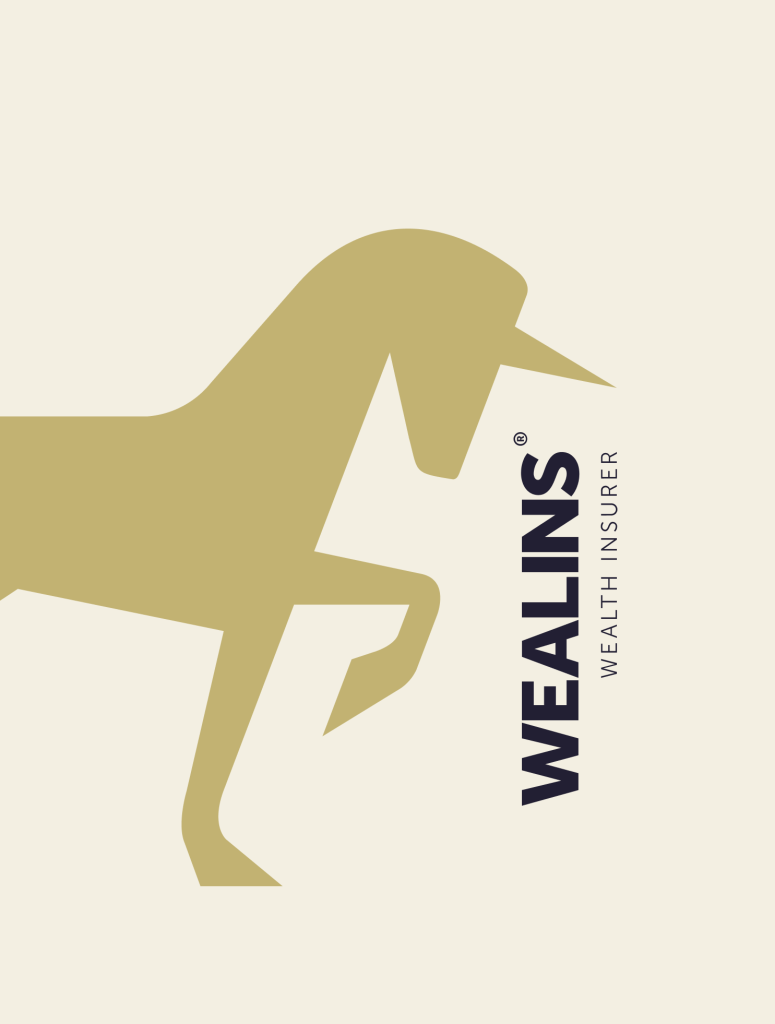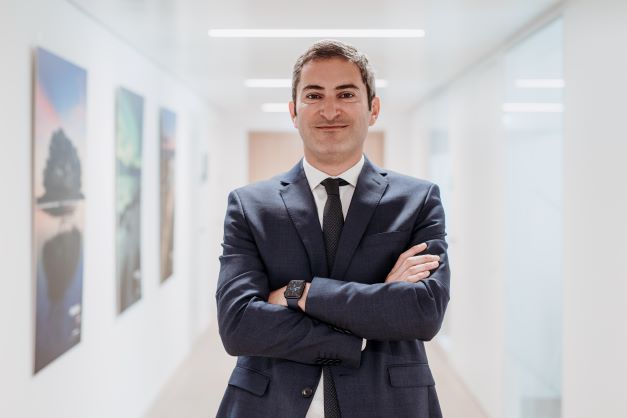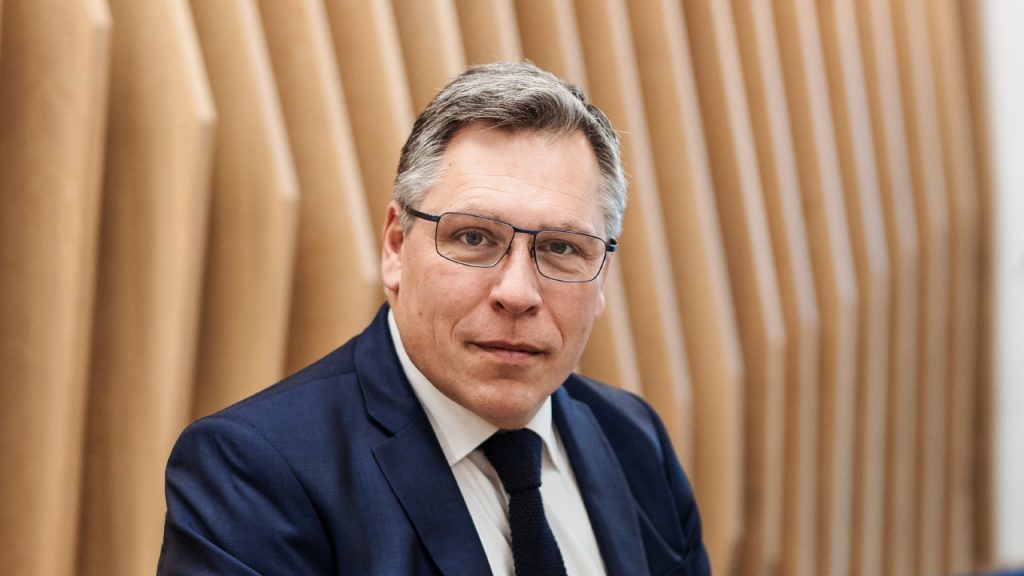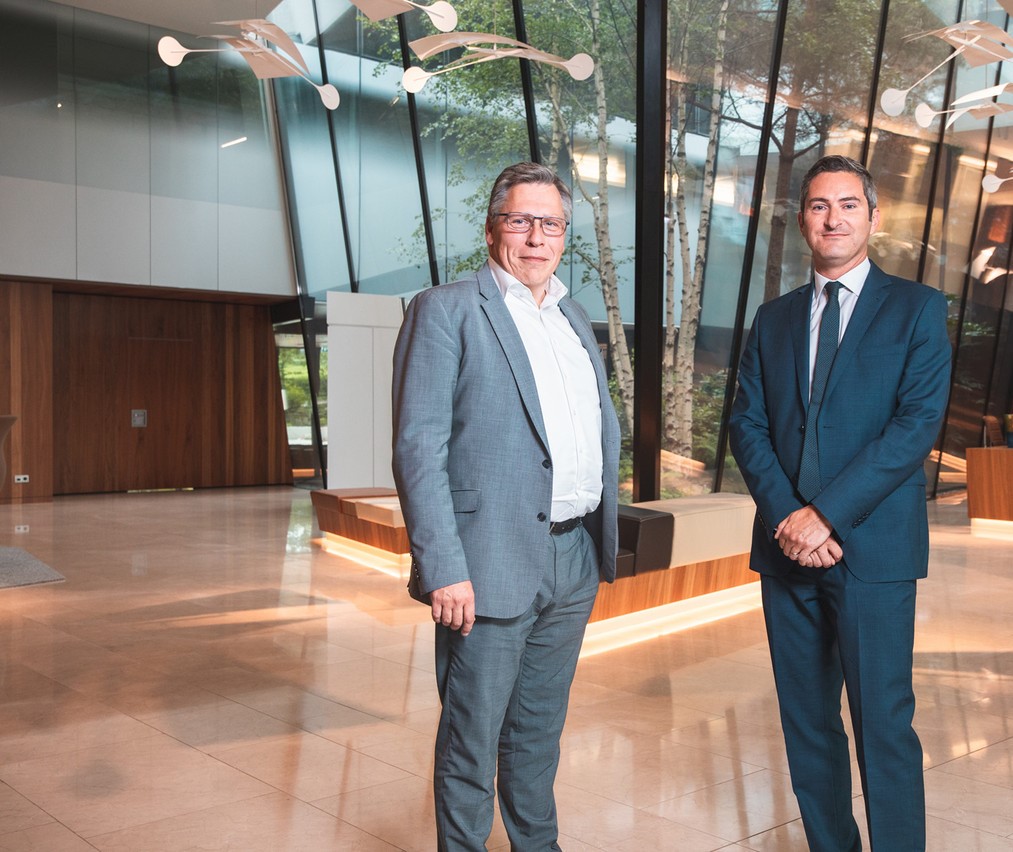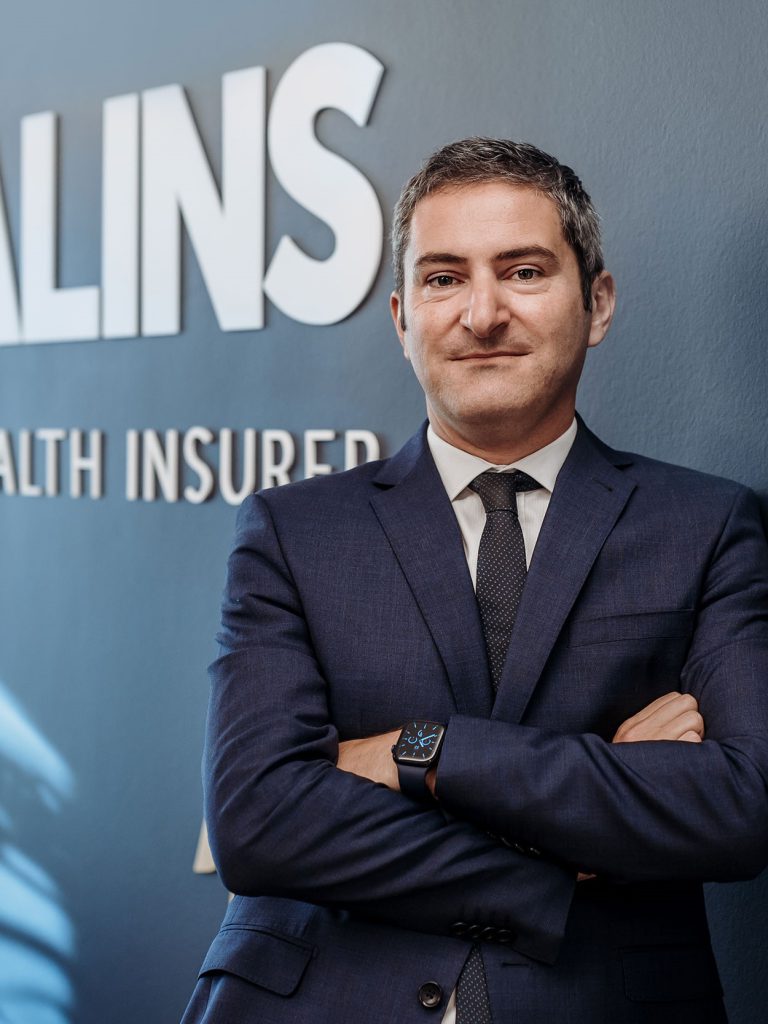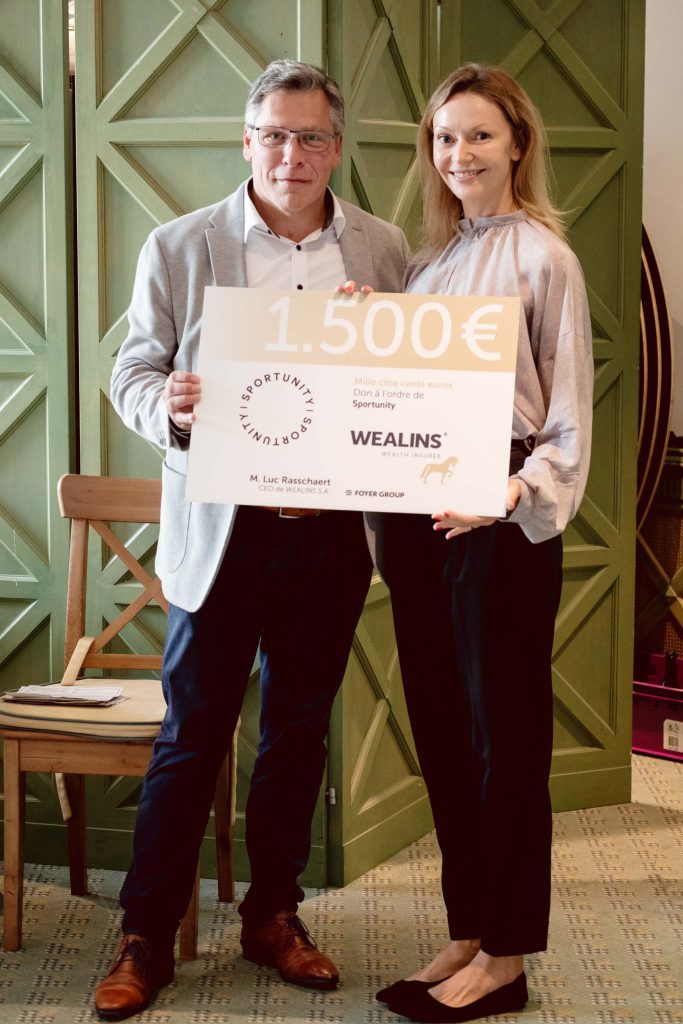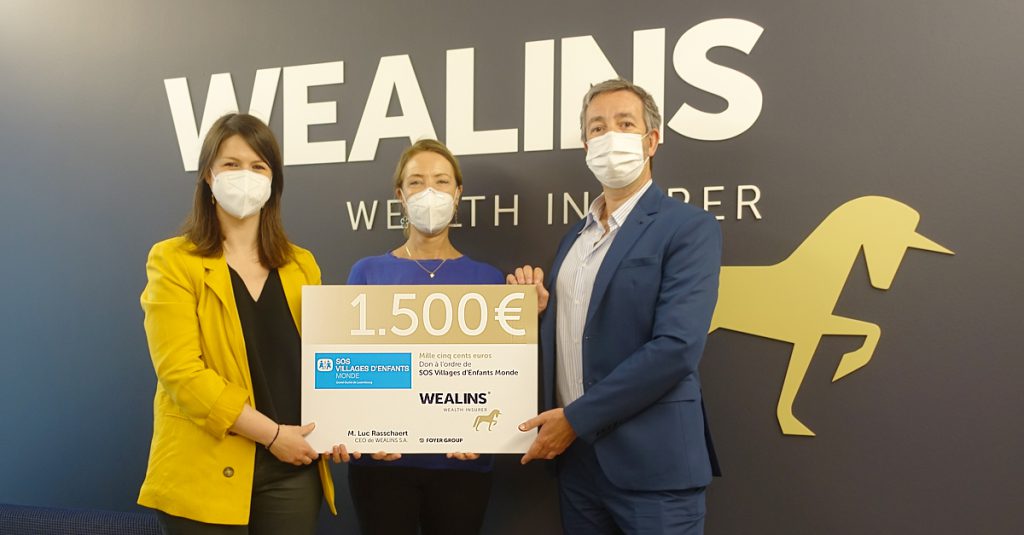Barbara Stel, as Senior Case Structuring Officer for (U)HNWIs you manage complex international wealth structuring cases on a daily basis. To what extent has international mobility become a major issue in recent years? And what are the main challenges faced by (U)HNWI clients when it comes to international mobility?
Today, international mobility and constantly changing legislation in several European countries are at the heart of (U)HNWI clients’ concerns. This client segment is often made up of well-informed investors or entrepreneurs with specific economic needs or family constraints. Examples include children studying abroad, or expatriations necessary for business development, which can ultimately complicate the management and transfer of wealth. Wealthy clients are primarily interested in protecting future generations and ensuring the continuity, diversification and protection of their assets over the long term. This means thinking ahead and anticipating the future, to ensure peace of mind for themselves and their heirs in different jurisdictions. Indeed, migration and administrative barriers combined with the current geopolitical volatility reinforce this need. Two key notions emerge: the importance of mobility and adaptability. Indeed, the migration trends of millionaires show significant movements towards China and the United Arab Emirates, with growth of +142% and +102% respectively in Dubai in the space of ten years. At the same time, other geographic zones offer strong potential for attraction for (U)HNWI clients, including Saudi Arabia, Malta, Mauritius, Spain and France. Identifying these trends and understanding the specific structuring and wealth management needs of this clientele is essential. At WEALINS, we’re able to offer flexible, portable tools tailored to the wealth management projects of our internationally mobile clients.
How can Luxembourg life insurance contracts help international clients structure and transfer their wealth?
The Luxembourg life insurance contract is a particularly interesting tool for wealthy and international clients with plans to structure and pass on their assets. Luxembourg’s unique Triangle of Security mechanism guarantees protection of the policyholder’s assets, a key aspect for our clients. What’s more, the portability of the Luxembourg life insurance policy offers them another advantage. This is because the policy adapts to the legal and tax framework of the policyholder’s new country of residence. In the event of expatriation, we are perfectly able to support the policyholder. At WEALINS, we stand out for our ability to offer flexible, modular solutions, guaranteeing continuity of their wealth within an international context, wherever possible and in compliance with the legal and tax framework of the policyholder’s new country of residence. The Luxembourg life insurance contract can be considered a true “Swiss Army knife”. In short, the adaptability and security offered by Luxembourg life insurance contracts make them the preferred choice for (U)HNWI clients looking to protect and grow their wealth over the long term and in an international environment.
Could you share with us a concrete example of how a Luxembourg life insurance contract was able to support a client with an internationally mobile profile?
Let’s take the example of Mr Rossi, an international entrepreneur of Italian nationality, resident in China. Having begun his career in the food industry in Italy alongside his father, he took over the lead of the family business after his father’s death. Mr Rossi and his wife then decided to relocate the company to China, where they settled. Meanwhile, their two adult children remained in Italy.
Mr Rossi is looking for a flexible, long-term solution to anticipate the transfer of wealth and future relocations. He wants to protect his wealth while using a flexible, portable investment vehicle capable of accompanying him in his international business relocations. To meet his expectations, it was decided to take out a Luxembourg unit-linked life insurance policy. This solution was developped in collaboration with his private banker in Italy. Mr Rossi took out this contract with WEALINS via an Italian intermediary, signing the documentation during a private trip to Italy. He named his children, who are Italian citizens and residents, as beneficiaries of the insurance policy. In addition, he opted for discretionary management, entrusted to a Swiss-based financial manager. Thanks to this policy, Mr Rossi benefits from full tax deferral on the profits generated within it. These profits will only be taxed in the event of partial or total surrender. Two years later, for professional reasons, Mr Rossi has to relocate to Belgium. The Italian intermediary then contacts WEALINS to inform them of the client’s new situation. A WEALINS expert in the Belgian market was immediately put in touch with Mr Rossi to provide him with information on the specific features of the new country of residence, particularly in terms of taxation (for example, the 2% Belgian insurance tax). If Mr Rossi decides to return to Italy at a later date, the policy could be adapted by adding death cover, making it transferable and providing the advantages associated with life insurance products for Italian residents.
The portability of the Luxembourg life insurance contract ensures peace of mind for wealthy, mobile clients by offering flexibility, security and continuity. In these times of geopolitical turbulence, mobility is more than ever an essential issue, for which the portability of Luxembourg life insurance policies can be one of the most appropriate solutions.
What are the main points to be aware of that international wealth management clients and their advisors need to consider before moving abroad, to ensure optimum continuity of their wealth management (via a Luxembourg life insurance contract) across several jurisdictions?
First of all, it should be remembered that the initiative to contact the partner (the intermediary) must come from the client (when the intermediary is not authorized in the country concerned). Secondly, collaboration and a relationship of trust between the intermediary and the insurance company are essential, as they guarantee legal and tax compliance in the new country of residence, and thus protect the client’s interests. Furthermore, in a context of international mobility, as described in the previous example, the life insurance policy must be signed outside the policyholder’s country of residence, even in a digital context. Similarly, discretionary management is essential. These non-exhaustive points to be aware of, when properly observed, can help ensure smoother, more secure wealth management for clients in a context of international mobility.
What sets WEALINS apart from other players in the field of portable solutions for international wealthy clients?
We stand out for our expertise in wealth planning and structuring, offering flexible solutions tailored to the specific needs of our international clientele. Our multilingual team, specialized in the different markets in which we operate, is able to develop personalised wealth management solutions thanks to its solid experience in handling international and complex cases. We place particular emphasis on the preparatory phase prior to subscription, through a fully digitalized committee that brings together all our dedicated experts (depending on the case, for example, we may involve our Private Equity specialists), as well as our top management. This way of working enables us to offer an optimised structuring approach, ensuring a smooth and efficient onboarding process. By anticipating and seeking to “de-complexify” cases from the beginning, we are able to manage complex international cases effectively, while respecting the legal and tax frameworks of the various jurisdictions. If we don’t have the expertise in-house, we can also rely on a network of independent, internationally recognised experts. This proactive methodology enables us at WEALINS to provide our wealthy clients with the best possible support in the face of today’s international mobility challenges.











